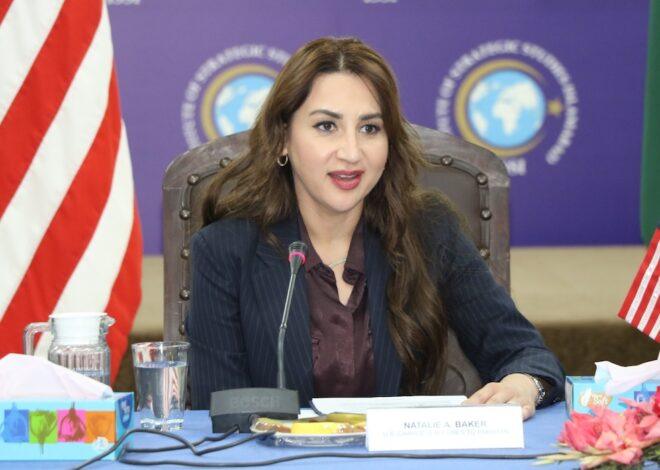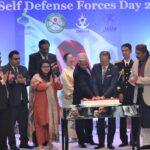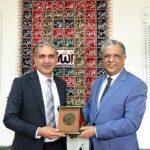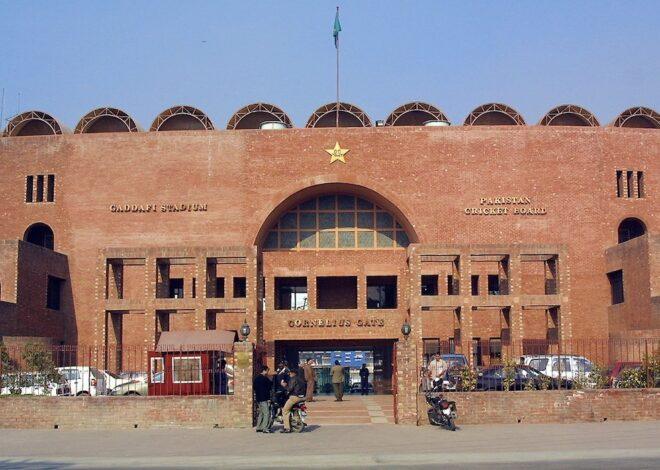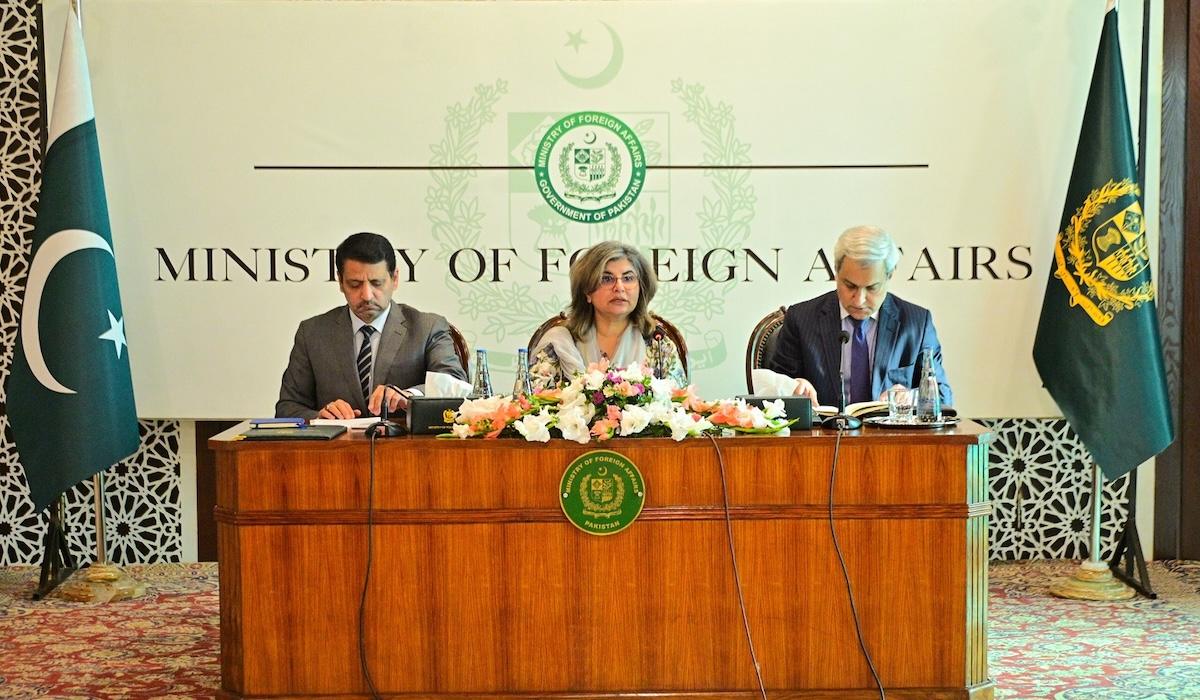
Pakistan Questions Taliban Legitimacy After Border Attacks, Warns of ‘Befitting Response’
Says it hopes Afghan people will ‘one day be emancipated and governed by a true representative government’
In a notable hardening of tone, Pakistan has referred to Kabul’s rulers as the “Taliban regime” not the Afghan government and said it hopes Afghanistan will one day be governed by a “true representative government,” signalling Islamabad’s growing disillusionment with the Taliban’s rule.
In an official statement issued late Sunday, Pakistan accused the Taliban regime and affiliated militant groups, Fitna-e-Khawarij and Fitna-e-Hindustan of launching “unprovoked aggression” along the Pak-Afghan border on the night of October 11–12.
“Pakistan, exercising its right of self-defence, not only effectively repulsed the assaults all along the border, but also inflicted heavy losses on Taliban forces and affiliated Khwarij in terms of men, material, and infrastructure,” the statement read.
Islamabad said its response was “targeted and precise”, adding that measures were taken to avoid civilian casualties. The Foreign Office described the attacks as attempts to destabilise the region and undermine “the spirit of peaceful neighbourhood.”
Shift in Pakistan’s Stance Toward the Taliban
The statement’s closing paragraph marks a clear departure from Islamabad’s previous diplomatic language toward the Taliban.
“We also hope that one day, the Afghan people would be emancipated and they would be governed by a true representative government,” it said a remark widely read as Pakistan questioning the Taliban’s legitimacy and foreseeing or supporting future political change in Afghanistan.
This is the first time since the Taliban takeover in 2021 that Pakistan’s official communication has implied the regime lacks representative character or permanence.
Rejects Taliban Foreign Minister’s Remarks
Pakistan also rejected recent statements by the Taliban’s acting foreign minister in India, calling them an effort to “divert attention from the presence of terrorist elements in Afghanistan.”
“The Taliban regime cannot absolve itself of its responsibilities towards regional peace and stability,” the Foreign Office said, citing UN reports documenting the continued activities of banned militant groups operating from Afghan soil.
Pakistan urged Kabul to take “concrete and verifiable actions” against these elements and warned that “any further provocations would be met with an unwavering and befitting response.”
Afghan Refugees and Border Policy
Reiterating its longstanding humanitarian stance, Pakistan said it has hosted nearly four million Afghans for more than four decades but will now “take all actions to regulate their presence in accordance with international norms and laws.”
The statement reaffirmed Islamabad’s desire for a “peaceful, stable, friendly, and prosperous Afghanistan,” but urged the Taliban regime to “act responsibly and honour its commitments.”

